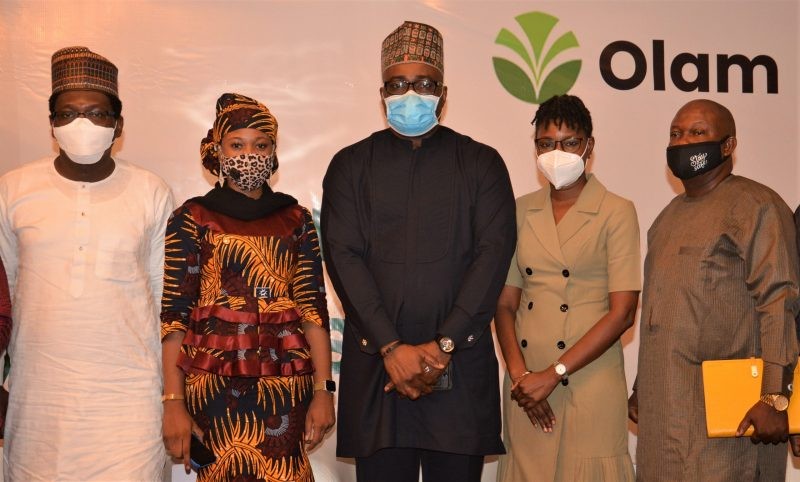Olam convenes agro experts to tackle local wheat supply gap

Olam, a foremost agribusiness and leading player in the wheat value-chain recently convened the first edition of the Olam Green Land Webinar series.
Themed “Deepening the wheat farming development programme in Nigeria through innovation, increasing investments and collaborations”, the event is part of an engagement series organised by the agribusiness firm to deepen insights into the various challenges hampering the development of the domestic wheat value chain, while stimulating private and public sector actions to proffer solutions to the various challenges.
Amongst the speakers that spearheaded the domestic wheat production development discourse were Dr Filippo Maria Bassi, a senior scientist at the International Centre for the Agricultural Research in the Dry Areas, Morocco; Alhaji Dan Agundi, the Chairman, House of Representatives Committee on Agricultural College and Institution, and Sarah Hubber, Head, Wheat Development Programme, Flour Millers Association of Nigeria (FMAN).
Alhaji Salim Saleh Muhammad, National President of the Wheat Farmers Association of Nigeria (WFAN) and Mr Kachalla Kyari Mala, a professional Wheat Breeder and the Principal Research Officer at the Lake Chad Research Institute (LCRI), Maiduguri and Zubairu Abdullahi, Director of Planning and Policy Coordination, Federal Ministry of Agriculture and Rural Development, amongst others, also lent their voices to the discussion.
Speaking on the rationale for the Olam Green Land Webinar Series, Ashish Pande, the Managing Director of Crown Flour Mill Limited, a subsidiary of the Olam Group, said it was geared towards exploring the key drivers of growth in the domestic wheat value chain. He added that the discourse was also aimed at tackling the various hurdles to wheat production sufficiency in Nigeria.
Dr Filippo Bassi, the keynote speaker explained that Nigeria needs to start the pursuit of progress along the wheat value chain by defining the ideal seed variety for each region and what seed maturity, yield, irrigation, and milling-quality level will be required to achieve national wheat supply sufficiency.
According to Dr Bassi, “Once that is done, it will be easier to work with the various partners to deliver the “perfect” variety”.
Sarah Hubber, Head of Flour Milling Association, Wheat Development Programme and Alhaji Dan Agundi, the Chairman of the House of Representative Committee on Agricultural College and Institution both said that the Federal Ministry of Agriculture needs to set up an innovative platform.
This, they said will serve as a forum to engage stakeholders from the wheat value chain and dissect the major challenges undermining improved wheat production on a quarterly or monthly basis.
In summary, the various panellists at the confab reechoed the insights shared by Dr Filippo Bassi, Sarah Hubber, and Alhaji Dan Agundi.
They unanimously called for actions to be expedited to tackle the challenges of wheat production shortage and design plans to reduce the wheat import bill.

